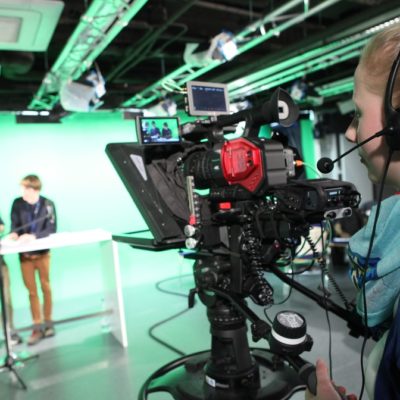Text by Luca Karafiáth, Hungary
Today, Europe is still at odds with Russia for the annexation of Crimea and the country’s continuous military presence in Eastern Ukraine. There are active economic sanctions and diplomatic relations remain poor.
This is hardly a surprise, considering that for the Western public at large, Russia prevented a sovereign country from strengthening ties with the European Union. It even resembles the geopolitics from the Cold War period where opposite sides tried to gain influence on rivalling spheres.
However, Moscow has breached one the fundamental international norms Europeans are so devoted to by going against the inviolability of borders and territorial sovereignty. Nevertheless, we see the prospect of extending the Nordstream pipeline to further west, so it bypasses Ukraine and increases the wealth and influence of Russian oil giant Gazprom.
Despite the distant attitudes and sanctions, some European countries will still sign nuclear contracts with Rosatom, implying long-term commitment, and the NATO–Russia Council will gather again for the first time since the annexation of Crimea. Therefore, many ask: can Europe afford to have an unfriendly Russia in its proximity?
It seems, that in this complex network of many tentative and contradictory interests that are related to Russia, the general public opinion is often dismissed in the debate. Nevertheless, the European perception of Russia and the general public’s assessment of EU–Russia relations will play a crucial role in shaping the future relationship of the two countries.
Therefore, I have asked six participants of the European Youth Event from diverse backgrounds to share their views regarding the future of EU-Russia relations.
What do you think about EU–Russia relations? Do you think that the EU should look at Russia as a partner or as an adversary?
‘’The EU should look at Russia rather as a partner than an enemy. Generally I believe that it’s always important to work together globally.’’
– Tomas, 18, Germany
‘’Even though the Russian government has certain political views many Europeans do not agree with, we should not forget that there are individuals living in the country that we should be able to co-operate with. Co-operation on the level of civil society is very important. I think that as long as there is understanding and respect for each other in our discussions, co-operation is very possible.’’
– Lafey, 21, Iceland
‘’I don’t think that the general relations of Europe and Russia should be impacted by the annexation of Crimea, or at least that shouldn’t be the main point of the discussion. We shouldn’t accept it, but we should find common ground. This has to be the key. We should co-operate with Russia since nowadays we cannot be completely independent. We are all interconnected and being in a conflict with each other will do no good for anyone.’’
– Mihai, 21, Romania
‘’It’s complicated to build a relationship with a country that wants to build an empire and fails to respect human rights and international law. Europe should make more effort to become independent from Russia and we should send the message that if Russia wants to have a partnership, then it should start respecting European values. I think that the most important thing is to be loyal to our European values, and economic interests can only come second.’’
– Pauline, 20, France
‘’In any relationship, both sides need to have an open discussion. In the case of the EU–Russia relationship, it is important that the EU becomes more open to the European public as well, in order to know what the public wants from Russia. After all, we are why politics exist, so politicians need to listen to the public and have an open and transparent debate.’’
– Yentyl, 27, UK
‘’First, we should solve the conflicts that impede us to be partners at the moment, such as the Ukrainian and the Syrian conflicts. Even after that, we can start to have dialogue. On the other hand, Europe should not focus on military power, because Europe has already passed that phase in history. The only way for Europe is to focus on its soft power and cultural influence.’’
– Cagdas, 29, Turkey










